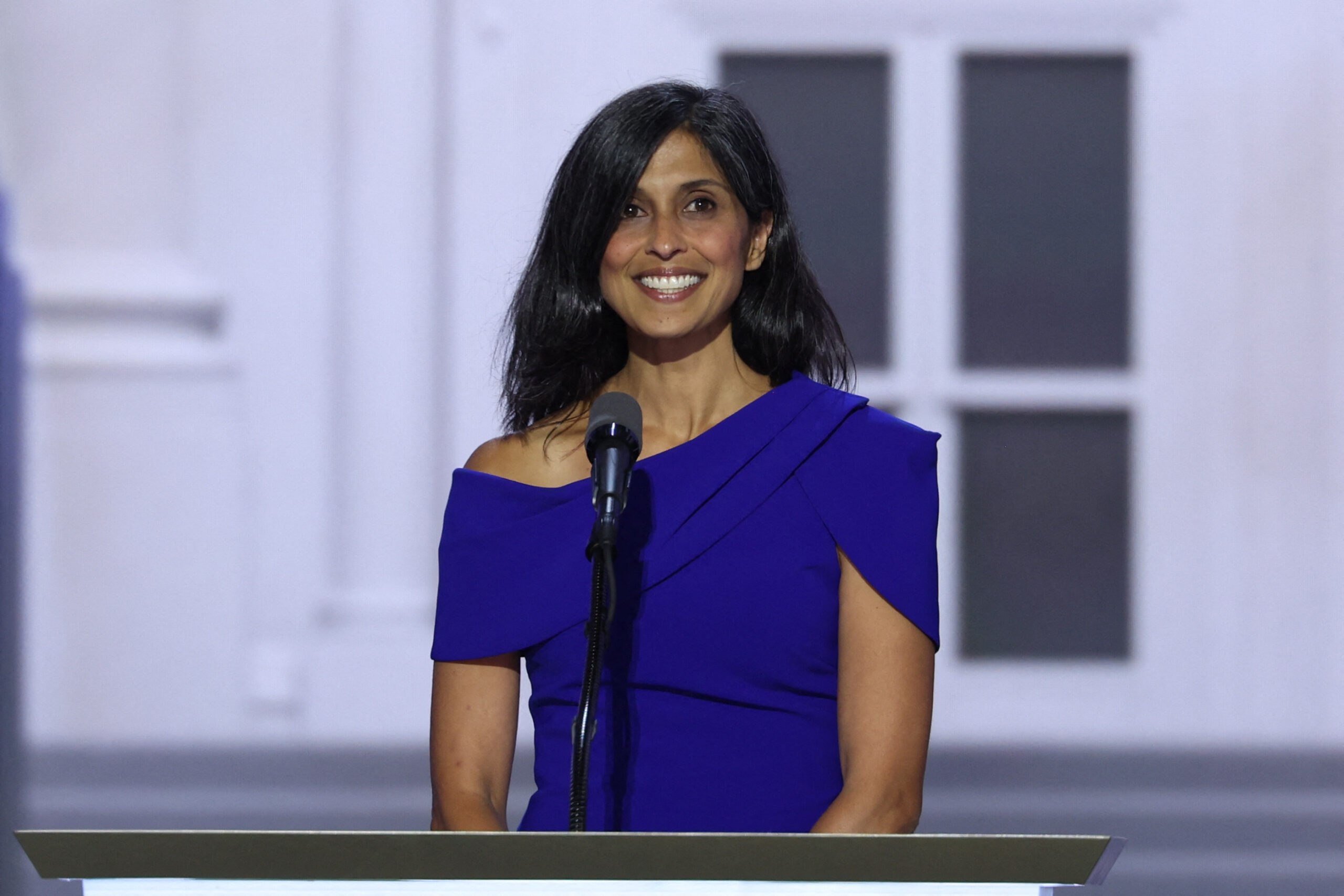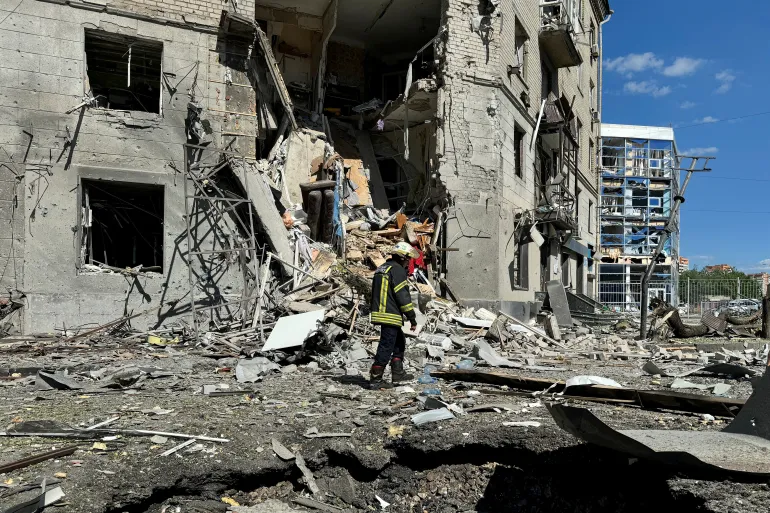Usha Vance’s Indian roots and her family’s legacy, including their notable experiences during Emergency in India (1975-77) and her rise in U.S. politics.
Usha Chilukuri Vance, the wife of Republican presidential candidate Donald Trump’s running mate JD Vance, has become a household name in India due to her Indian heritage and family connections. Her family’s involvement with the Rashtriya Swayamsevak Sangh (RSS) and their experiences during Emergency in India (1975 to 1977) have brought additional attention to her background.
Usha Vance’s Rising Prominence
Usha Vance, aged 38, is drawing parallels to Kamala Harris, who became a notable figure when she was chosen as Joe Biden’s running mate and eventually became Vice President following the 2020 election. As the daughter of Indian immigrants and a follower of the Hindu religion, Usha’s presence in American politics is significant. If Trump wins the upcoming presidential election, she could become the “second lady” of the United States.
Usha’s educational background is impressive, with studies at Yale and Cambridge. She was a law clerk to U.S. Chief Justice John Roberts and later worked as an attorney at the prestigious American law firm Munger, Tolles & Olson LLP. Her decision to leave her job after her husband’s selection as the Republican nominee’s running mate underscores her commitment to supporting his political journey.
Usha made a notable appearance at the Republican National Convention in Milwaukee, where she introduced her husband and delivered an impactful speech. Since then, she has gained widespread recognition on a global scale, sparking curiosity about her ancestral roots.
Family Legacy During Emergency in India
Usha’s family history has captivated many, particularly her connection to the Emergency in India, a turbulent period between 1975 and 1977. Her great-aunt, Shanthamma Chilukuri, still active at 96, serves as a professor and highlights the family’s strong academic tradition. Shanthamma travels 60 km (40 miles) most weekdays to teach physics at a university in southern India.
In an interview with the Times of India, Shanthamma described Usha as the granddaughter of Rama Sastry, her husband Subramanya Sastry’s eldest brother. “I am happy she has inherited the sharp intellect and acumen that runs in our family,” Shanthamma noted.
Shanthamma revealed that both her husband and his elder brother (Usha’s grandfather) were university professors. The family holds deep societal concerns, with Shanthamma’s husband spending two years in jail during Emergency in India as an RSS worker. This period was marked by political unrest and the suspension of civil liberties, leading to the imprisonment of many political activists during Emergency in India.
Educational Excellence and Societal Impact
Usha’s father and grandfather have strong ties to the Indian Institute of Technology (IIT), one of India’s premier engineering institutions. Her younger sister works as a mechanical engineer for a semiconductor company in San Diego, California, and her aunt is a medical professional in Chennai, southern India.
The family originates from Vadduru, a village in Andhra Pradesh, before moving to Chennai when Usha’s paternal grandfather, Ramasastry Chilukuri, began teaching at IIT Madras around its establishment in 1959. The IIT now honors Ramasastry’s legacy with a student award in his memory, recognizing his contributions to physics education during Emergency in India.
Cultural Heritage and Global Recognition
Usha Vance’s journey from her family’s roots in India to the forefront of American politics is a testament to the blending of cultures and the impact of immigrant stories. Her family’s experiences during Emergency in India underscore the resilience and commitment to education that have shaped her path.
As Usha continues to gain recognition on the global stage, her story resonates with many who appreciate the connections between personal heritage and public service. Her family’s legacy of academic excellence and societal involvement, particularly during Emergency in India, serves as a foundation for her influence and aspirations in American political life.
With inputs from various agencies, Usha Vance’s narrative reflects the intersection of history, culture, and contemporary politics, highlighting the enduring connections between India and the United States and the significance of events like the Emergency in shaping family histories.
For further insights and comprehensive content, please visit our homepage



